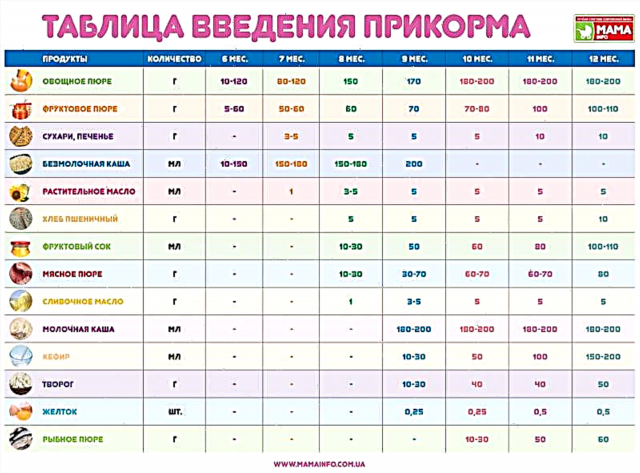
Food or non-food poisoning is a condition in which the work of the body is disrupted, a person experiences symptoms of intoxication. Most often, poisoning is accompanied by vomiting and diarrhea. Whether it can be caused by psychological factors, we will tell in this article.
General information
Poisoning is a consequence of exposure to the body of poisons or toxins. In the case of food poisoning, symptoms appear as a reaction to bacteria entering the body that produce toxic metabolic products. Adults and children can be poisoned by carbon monoxide, medicines, poisons, stale food or food contaminated with bacteria. A toxic substance can enter the body not only through the stomach, but also through the skin, respiratory tract.
Help in case of poisoning is based on the speedy removal of the substance from the body that caused the pathological changes. In the future, the patient receives symptomatic treatment.
It is important to understand that in case of poisoning, vomiting and diarrhea are defense mechanisms that help in every way in the elimination of the poisonous substance, and therefore it is not recommended to stop vomiting or take antidiarrheal agents.

Psychosomatic causes
At first glance, there is absolutely no connection between the mental state of a person and his poisoning. But this opinion is wrong. Please note that eating a stale product at the same time, one person will not feel any consequences for the body, another will feel a mild eating disorder, and the third will go to the hospital with symptoms of severe intoxication. This is the action of the psychosomatic factor. On a subconscious level, a person decides for himself how his body should perceive the incoming dangerous substance, how he should react to it.
Sometimes a person feels the symptoms of poisoning and has no idea what exactly could cause it, there are no apparent reasons for nausea and vomiting. In this case, psychoanalysts say that subconsciously a person needed a rest, a pause in business, in order to get rid of the excess, "undigested", accumulated recently negative. An unresolved conflict is often the cause of poor health. Sometimes with symptoms of psychosomatic poisoning, a person tries to attract the attention of people dear to him, if he is sorely lacking. This is most often done by children, since they are not always able to convey this information to their parents in other ways. Adults draw the attention of colleagues and acquaintances to their person.
What internal conflicts increase the likelihood of poisoning? This is aggression, both directed at an external object and an internal one, this is an excessive, stupid manifestation of sexuality, schadenfreude, an arrogant attitude towards the world and people in it, resentment and the inability or desire to forgive offenders. A person tries to keep in himself what, in his opinion, will cause public condemnation - the same aggression or gloating. As a result, strong destructive emotions cause disturbances in the functioning of organs and the nervous system.

Causes in children
The psychosomatics of poisoning in children almost always presupposes the presence of a fear of loneliness in a child, while in adolescents it is the opposite, they want to hide and become invisible to others. It is not always possible to trace the psychosomatic factors in childhood poisoning, and no one is particularly concerned with this. Only if the child is poisoned with an enviable regularity, often, the pediatrician may advise showing the child to a child psychologist.
The danger of this approach lies in the fact that one-time poisonings are signals of severe unresolved internal conflicts, and it is they that remain unsolved, as a result of which one or another chronic disease, for example, cholecystitis or gastritis, gradually develops.
In children, poisoning is very often accompanied not only by intestinal disorders, but also by skin rashes in the form of atopic dermatitis, urticaria. This means that the baby's feelings are heated to the limit. He can no longer restrain his experiences, they require an exit.
It is noteworthy that in adults, in response to an unresolved situation, symptoms of poisoning can develop within a few hours or days, and in children it can take up to 2-3 weeks.

When is poisoning good?
Experienced psychoanalysts have long noticed that many patients indicate that negative life events happened after the poisoning. This suggested that the poisoning itself may also be a signal of impending danger, a “bell” that warns a person that something will happen soon that it will be difficult for him to “digest”.
If the poisoning is exclusively neurogenic in nature, then it would be more reasonable to call it an inadequate reaction of the central nervous system to a certain stress factor. Such poisoning is difficult to treat with standard medications or cannot be treated at all, has no clear and valid physiological reasons. It almost always happens suddenly.
How to find the cause and recover?
To understand why poisoning began in an adult or a child, it is important to act not only according to the principles of psychosomatic medicine, but also to consult an ordinary doctor who can determine whether there were physiological grounds for disrupting the body. At the same time, it is worth thinking about what a difficult, conflict situation has recently taken place, how you behaved in it.
If a child is poisoned, you need to pay attention to the fact how much time do you devote to your baby, whether his needs for communication and love are met. The elimination of negative psychological factors makes treatment together with medication effective, and knowledge of the psychosomatic causes of poisoning will help to avoid repeated violations.




